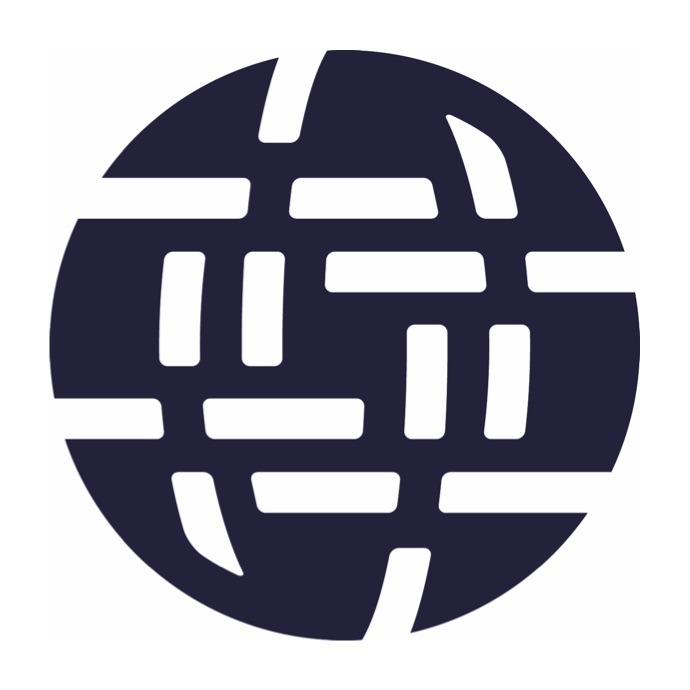I have had a chance to attend a workshop on Access and Diversity of Broadband Internet Access Center for Science, Development and Media studies on the first day of IGF 2011. The key discussion revolved around the fact that access to Internet is a fundamental human right and the measures that some of the governments have taken in order to provide this fundamental right to their citizens. The panelists of the workshop further reinforced that faster Internet speeds pave the way for launching e-solutions that can be applied to health, education, agriculture, economy and other important aspects of human life. In addition to faster speeds and access to sophisticated infrastructure, capacity building of masses is very necessary for realization of benefits that Internet offers.
However, we see that there are some countries in the developing world that are unable to access to basic necessities of life including food, water, shelter, education, healthcare and electricity. If the citizens are provided with Internet connection when they do not have proper food, clean water and basic education, they will never be able to make anything good out of it. On the other hand, if these people are altogether deprived of the Internet, the digital divide will be widened even more. Therefore, prioritizing Internet over these very basic and extremely essential rights still remains a big question for the less privileged part of the world and needs to be taken care of with a balanced approach and vision.
